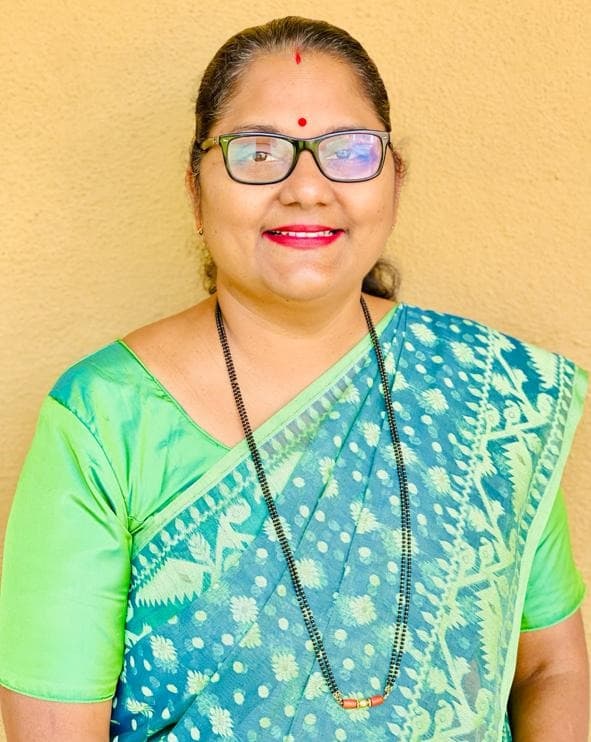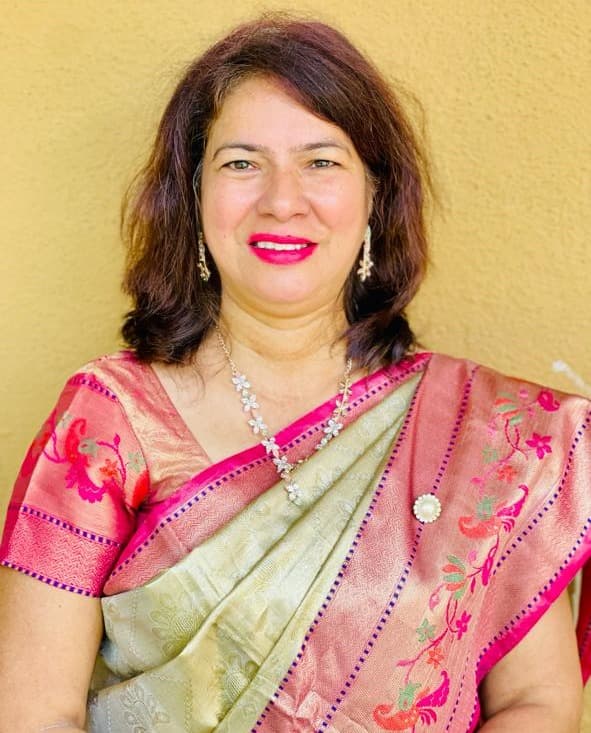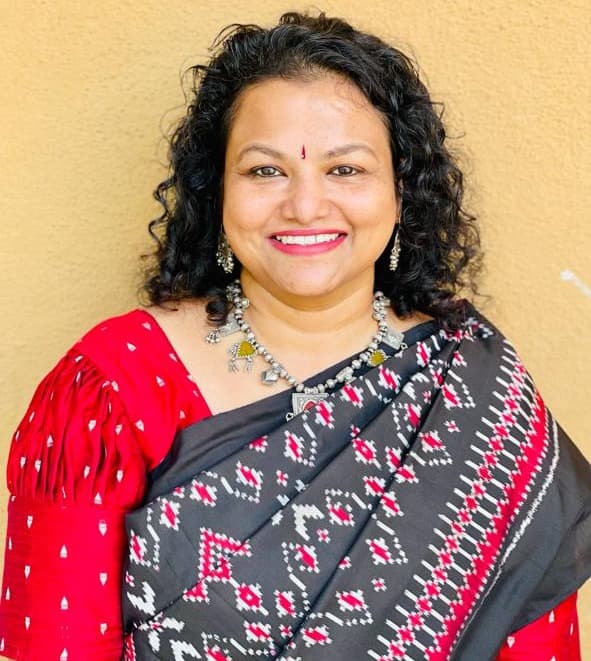




Authors: Prof (Dr.) Manasvi M. Kamat, Dr. Freda Cota e Pereira, Dr. S. Susan Deborah
ISBN-13: 9789349554412
Format: Paperback and e-book
Pages: 243
Product Dimensions: 6 x 9 inch
Publisher: Bharat Global Publications

Currently Principal and Professor in Economics at M. E. S. Vasant Joshi College of Arts & Commerce, Zuarinagar – Goa, Prof. Kamat has an outstanding scholastic record with expertise in the areas of International Business, Banking and Finance & Economic Policy. She has authored 04 books on Economics and 55 research papers in Journals, completed 03 Research Projects, and also serves as the Member of Editorial/Advisory Board of 05 International Journals. Dr. Kamat has presented research papers in 70 Conferences and spoken as a Resource Person in 20 National Academic events. For her contribution in the field of Research and Teaching, she has bagged the National Teaching Award the Bharat Shiksha Ratan Award by Global Society for Education, New Delhi in the year 2013 and Education Excellence Award by Indo-Global Chamber of Commerce, Industry & Agriculture in 2015. She has also been awarded Teacher Fellowship by the UGC-Delhi, Research Fellowship by ICSSR-Mumbai, Prof. Manubhai Shah Gold Medal, for her outstanding research. Besides academics, research and administration, she has deep interest in music, gardening and working for social causes. She is the recipient of Goa Star Women Award in the field of education by State Government of Goa. Recently she has been awarded with Goa Prestigious Orchid Award 2025 in the field of education.

Dr. Freda Cota Pereira is Associate Professor and Head, Department of Psychology, M. E. S. Vasant Joshi College of Arts & Commerce, Goa. She has teaching, counseling and academic experience of 27 years. She is the member of Board of Studies in Psychology at Goa university, Amity university Mumbai and Naval Public School, Vasco. She has been instrumental in designing syllabuses for college courses at Goa university. Research and teaching are the prime engagements of Dr. Freda. She has presented and published approximately 30 research papers in international, national and state level conferences. She has organized and coordinated approximately 50 state, national and international conferences and workshops. She has been the chairperson for various seminars, cells and examinations.

S. Susan Deborah, Ph. D. is Assistant Professor and Teacher In-charge, Department of English, M. E. S. Vasant Joshi College of Arts & Commerce, Goa. She is one the editors of Anthropocene Ecologies of Food (2022), Ecocultural Ethics: Critical Essays (2018), Ecodocumentaries: Critical Essays (2016) and Culture and Media: Ecocritical Explorations (2014). She has many scholarly articles and encyclopedia entries to her credit. She has designed syllabuses for college courses and her essays are part of the syllabus in many institutions. Dr. Selvaraj also writes in her blog titled, Meanderings and Reflections and is quite an ardent reader on diverse topics and genres. She is the recipient (along with Rayson K. Alex) of ASLE-USA Media Subvention Grant, for creating an interactive video space for ecocinema scholarship. Research and teaching are the prime engagements of Dr. Selvaraj whose interests lie in Ecocriticism, Ecomedia, Gender Studies and Food Studies.
The field of Social Sciences has been reshaped over the last few decades, especially after COVID19, characterized by crisscrossing between established traditions and new methodologies. Amidst the multifaceted and interlinked conflicts that the world faces today like climate change, digital monitoring and migration—the social sciences have responded with new interventions that rethink the function of theory and praxis. This volume, Innovations in Social Sciences: Interventions, Challenges & Future Trends is born out of an International Conference with the same title, to address, record and critique these diverse and changing trends.
The conceptualization for this volume was a result of deep discussions between various scholars, practitioners and students across diverse disciplines to generate ideas, call for action and attempt to create a dialogue between various stakeholders. It was the firm belief of the editors that the book should bring in various perspectives about the Goan scenario in particular because the state of Goa occupies an enviable position in the Western Ghats while still transitioning in terms of various disciplines in the academic front. While the National Education Policy has brought in the winds of change in the various disciplines—interdisciplinary, transdisciplinary and multidisciplinary researches have become the mantra of the day. It is an exciting yet challenging time for academicians and researchers alike because NEP requires an in-depth understanding to the various issues of the present day.
This edited volume brings together a wide range of scholarly inquiries that reflect the dynamic intersections of society, technology, environment, and human well-being in contemporary times. The collection serves as a vibrant platform for voices from diverse disciplinary backgrounds, offering critical insights into both local and global concerns—from digital transformation in India's financial inclusion efforts to climate consciousness among senior citizens, from theatrical portrayals of widowhood to cooperative learning models in education.
At the heart of these contributions lies a shared commitment to understanding how individuals and communities adapt, respond, and thrive amidst the complex challenges of the modern world. Several chapters foreground the transformative potential of education, emotional intelligence, and collective resilience, while others delve into policy-level questions related to trade, sustainability, and economic development. The volume also makes space for emerging themes such as philosophical counseling through tourism, LGBTQ+ mental health, and AI-driven consumer services—subjects that demand urgent attention in academic and policy discourse alike.
What binds these distinct explorations is an ethos of inquiry that is both critical and compassionate. Each chapter, whether grounded in empirical research or theoretical analysis, seeks to illuminate pathways towards a more inclusive, informed, and sustainable future.
We hope that this compilation will serve not only as a resource for scholars, practitioners, and students across fields, but also as a catalyst for continued dialogue and collaboration. The interdisciplinary nature of the essays underscores the importance of crossing traditional academic boundaries to address the complexities of our time.
We are grateful to the contributors for their thoughtful work and to the readers who will carry these conversations forward in classrooms, conferences, communities, and beyond.